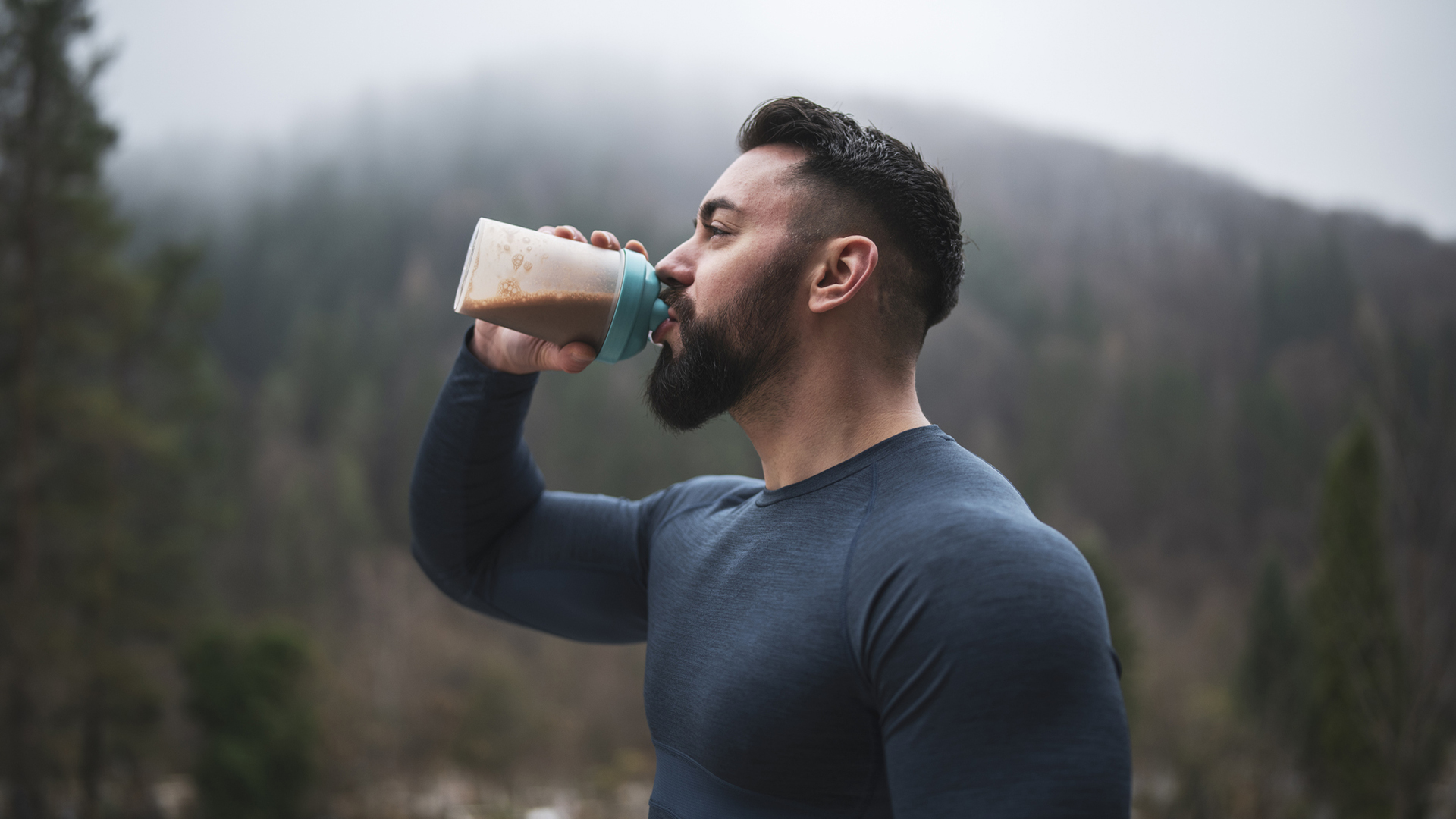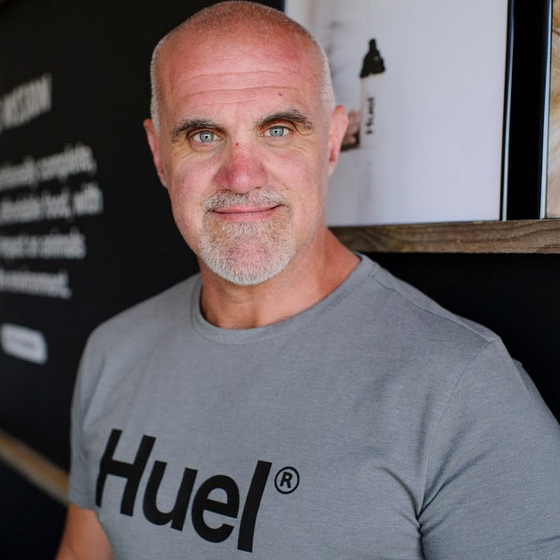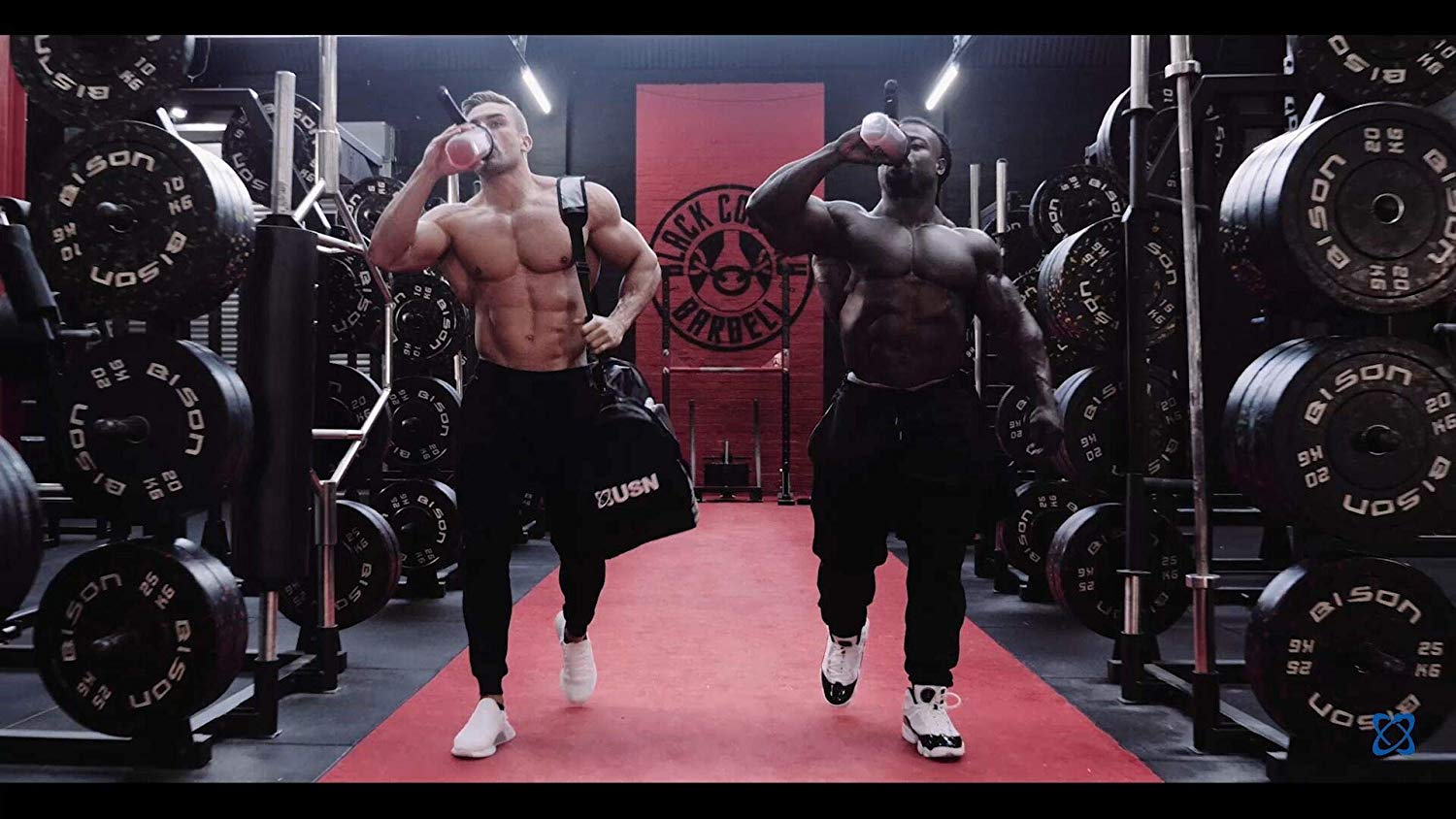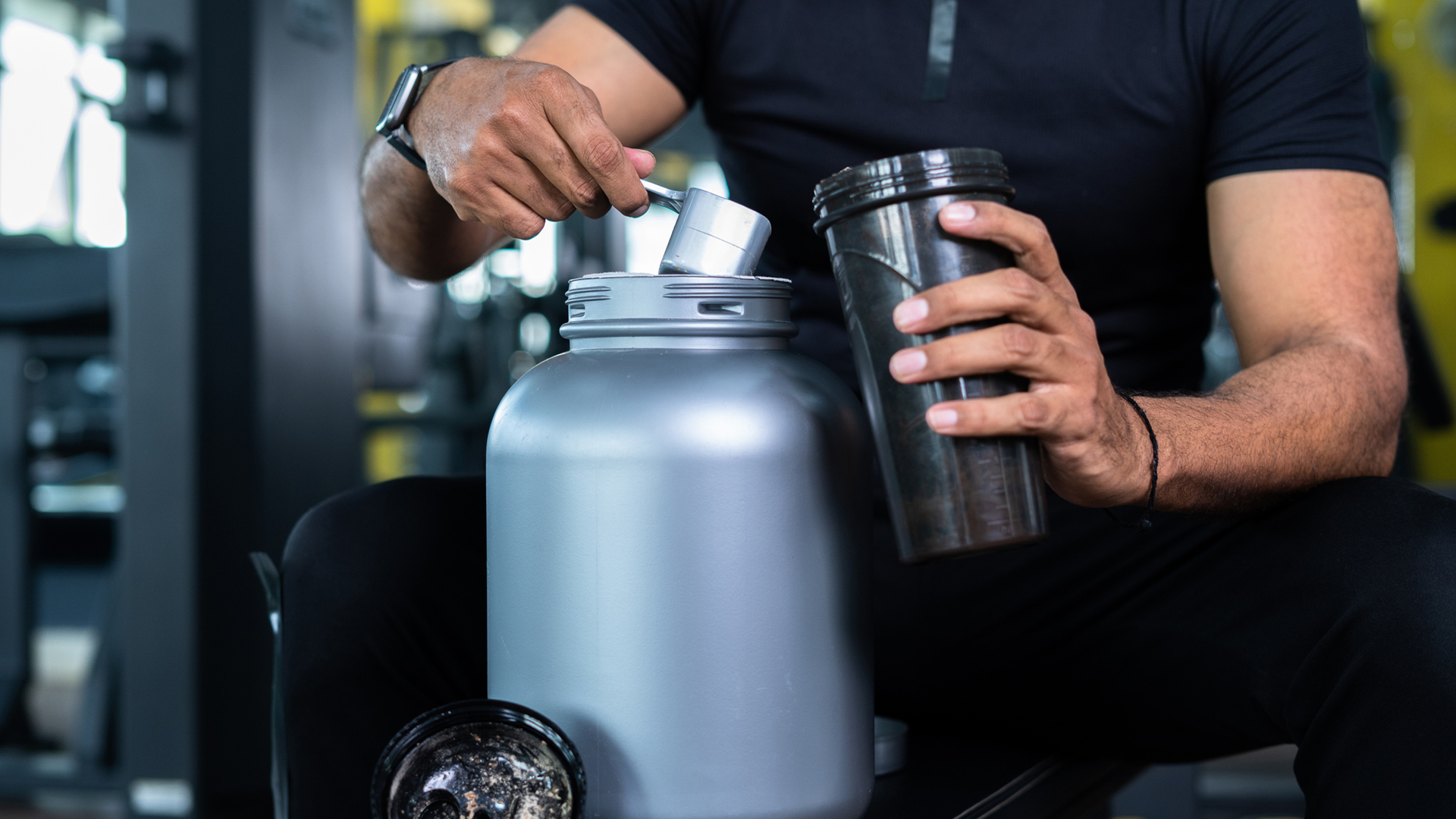

If you're in the process of trying to get bigger muscles to rival Chris Hemsworth or bulk up to the size of the Incredible Hulk, it's likely that you already know you need to eat a lot of protein to fuel your muscles, so they're ready to go again when it's time for your next workout. But just how much protein should you eat to gain muscle?
And how much should you eat to increase your size and rip your t-shirt to shreds with a flex of a bulging bicep? We asked James Collier, registered nutritionist, co-founder and head of sustainable nutrition at leading nutritionally complete food brand Huel, who we already worked with in another article (How much protein can you absorb in one meal?), to explain all.
Interested in nutrition? Check out T3's dedicated buying guides about the best protein powders, best mass gainers and best protein bars to learn more about which is best for your needs and what brands are worth your attention. As James mentions below, there are plenty of bogus products on the market, so it's not hard to get lost and opt in for the wrong products.

James Collier is the Co-Founder and Head of Sustainable Nutrition at Huel. He’s worked in nutrition and dietetics - including time in the NHS – for 27 years and previously specialised in providing advice for competitive bodybuilders, strongmen, boxers, and Mixed Martial Arts fighters. He is also the co-owner of popular bodybuilding forum MuscleTalk.
Why is protein essential for building muscle?
If you’re hitting the gym regularly, you might already be eating enough chicken to put Nando’s out of business. But just why is protein so essential for the muscle-building process?
‘What we’re trying to do when we go to the gym is overload the body and get the muscles to do more than they’re used to in order to cause the muscle fibres to tear,’ says Collier. ‘This means the body has the opportunity to repair these fibres bigger, stronger, and better than before. But the body needs enough protein to take full advantage of this opportunity. This is because protein is made up of amino acids, which are like lego pieces that the body then uses to repair and rebuild.’
Okay, so that all makes sense. But how much protein should we eat to reap the maximum muscle-building benefits?

Want to look like this? Start eating your protein.
How much protein should I eat to gain muscle?
As we explained in a previous article (how many grams of protein you should eat in a day), the recommended daily allowance (RDA) for protein is 0.8 grams per kilo of body weight per day. But many nutritionists agree this figure is woefully inadequate.
Sign up to the T3 newsletter for smarter living straight to your inbox
Get all the latest news, reviews, deals and buying guides on gorgeous tech, home and active products from the T3 experts
‘If you weigh 75kg, this equates to 60 grams of protein or two chicken breasts, and it’s really not very much,’ explains Collier. ‘This RDA is for sedentary people, in short, and as soon as you get moving, your protein needs to go up accordingly.’
When it comes to building muscle, however, Collier advises that you double this RDA. ‘Aim for 1.6 to 2.2 grams of protein per kilo of body weight. Anything above 2.2 grams, and we no longer see any benefits to building muscle,’ he adds.
How much protein should I eat if I want to bulk up?
‘When people talk about bulking up, it’s about putting on mass as well as muscle because that muscle must fit onto something,’ reveals Collier.
‘This means it’s not only the amount of protein you consume that’s important but also the number of calories. You want to consume more calories than you need to put on weight. There are plenty of calorie calculators online that can provide a guide, but 500kcal above your daily maintenance calories will do the trick,’ he adds.

What are mass gainers, and will they help me bulk up?
‘Mass gainers are designed to help you conveniently consume the number of calories and protein that you need,’ says Collier. ‘The problem is that many of them are just cheap protein powders with an even cheaper, highly processed carbohydrate such as maltodextrin.
‘The best powders, however, provide a complete protein source: in other words, all the essential amino acids you need in adequate amounts, plus a higher quality carbohydrate such as powdered oats. If you’re going to use a mass gainer-type shake, check the label and pay just a little bit more to get a far higher quality product.’
Of course, you may well think that Collier is biased about his own products. But, to be fair, the Huel Black Edition did win the ‘Best Protein Powder or Snack’ category at the T3 Awards 2021, and it tops our list of the best weight gainers, so maybe he’s got a point...
Jo is a London-based freelance journalist and content creator specialising in fitness, health, lifestyle and beauty. With a degree in Journalism, Film & Broadcasting from Cardiff University and almost 20 years’ experience in the industry, she interviews celebrities and Olympians for a living, while testing out the latest beauty, hair, wellness and fitness gadgets. As a Level 3 Personal Trainer and author of several fitness guides, she gets to try the coolest workouts while reviewing active travel destinations and writing investigative features about the wonderful world of wellbeing for many of the UK’s top magazines, newspapers and digital publications. When she’s not sitting at her laptop, Jo likes exploring new walking spots with her beagle, gardening, and DIY. She is also one of the few people on the planet still obsessed with what’s coming up in Phase 5 of the Marvel Cinematic Universe.